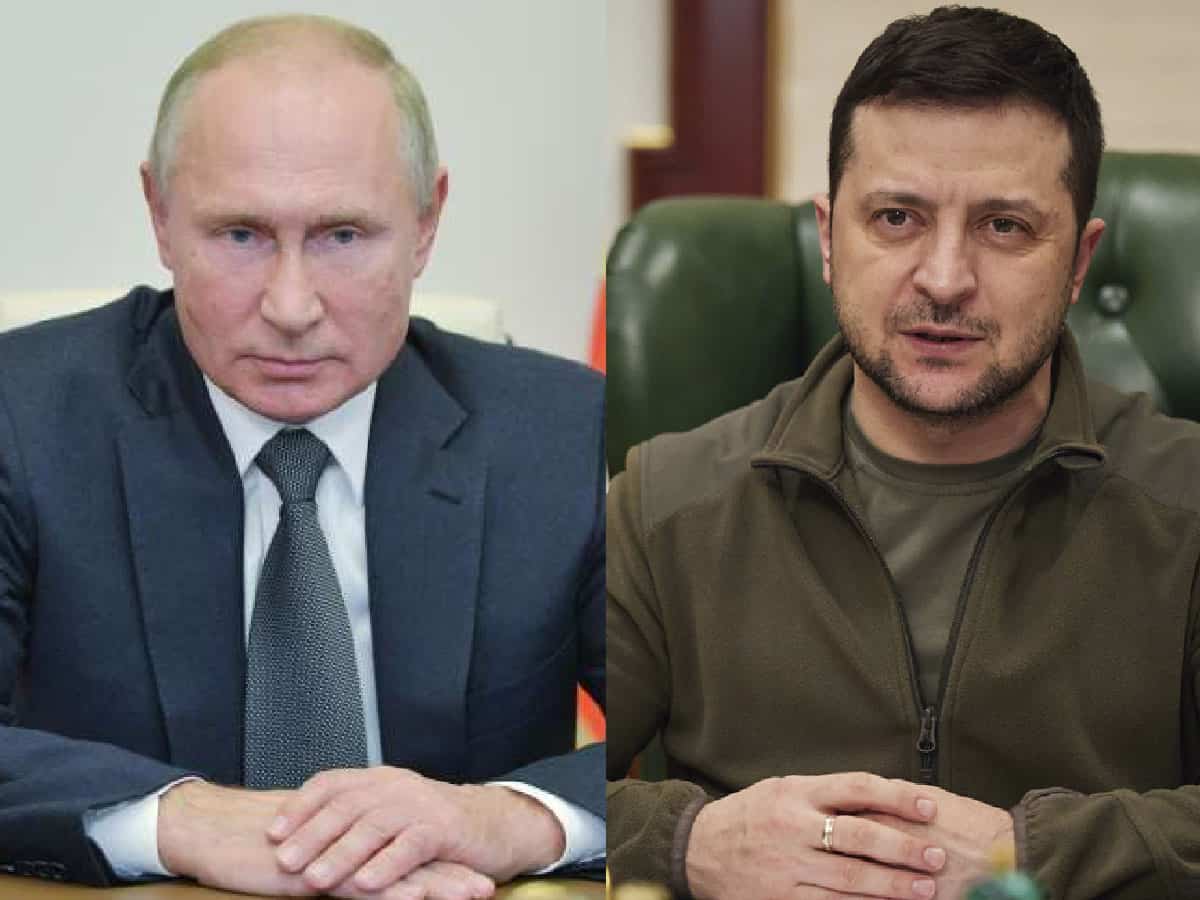

This is firs part of the two-part lecture that an astute and far sighted for Indian diplomat has given at a function organised by AMU Boys Association in the U.S. He has spoken about a newer intriguing version of diplomacy that has begun to find its echo.
Let me begin by recounting a quote about wars, which I had read in Reader’s Digest more than 60 years ago.
“The only war I ever approved of was the Trojan war, it was fought over a woman and the men knew what they were fighting for.”
Those who have studied the history of wars will agree with the nodule of wisdom in this quote. I as someone who has lived through many wars can vouch for it.
The idea of entrepreneurial diplomacy came to my mind some years ago when I read a book which estimated the cost of wars and conflicts in the Middle East since 1948 as $11 trillion. What about such studies I thought for other hotspots of the world especially South Asia?
What about doing such studies for major wars of the last hundred years, for example the First and Second World Wars; French wars in Indochina in the 1940s and in Algeria in the 1950s; Egyptian war in Yemen in the 1960s; US wars in Vietnam, Iraq and Afghanistan; Soviet Union’s war in Afghanistan; India’s military involvement in Sri Lanka in the 1980s: the Iraq Iran war in the 1980s; Saddam’s occupation of Kuwait and the Gulf War of 1991; the Lebanese Civil War in 1970s and 1980s?
In no case the party that started the conflict was victorious; no one gained and everyone lost. All these wars have probably caused 80 to 100 million deaths and cost scores of trillions of dollars, perhaps much more, when people everywhere are living without shelter amidst poverty, hunger, disease and ignorance. Do the people and their leaders really know what they are fighting for? As if man learns nothing from history, two very destructive and unwinnable wars are currently going on – one in Yemen and the other in Ukraine.
What I’m going to say are my thoughts as an observer of diplomacy’s frequent failures. If you think carefully, you will find that more often international disputes and wars during the past 75 years, have been resolved due to exhaustion on the part of the parties involved than diplomacy. It saddens me to think that exhaustion has done better than the wisdom of diplomacy in ending conflicts.
Before I proceed further let me explain the terms “entrepreneurial diplomacy” in contrast to what I call the traditional “power diplomacy”.
I chose the adjective entrepreneurial, because entrepreneurs, have a businesslike and pragmatic approach in dealing with issues. They are conscious of the opportunity cost of their decisions and they try their best, to minimize cost and maximize benefits. They have vision; they think of the endgame; they innovate and create prosperity. Without the power to impose and enforce, they use their negotiating skill for the best deal. They make compromises and agree to concessions for larger gains. If they find that things are going wrong, they do not hesitate to correct the strategy. They know that if they don’t do so, they will go bankrupt. They are always pragmatic because dogmatism has no place in business.
By definition therefore entrepreneurial diplomacy is antiwar, pro-peace, pro-human rights and pro-international cooperation.
Traditional power diplomacy is bureaucratic. Vested with the power of taxation, governments and bureaucracies do not go bankrupt. So, there is little incentive for serious cost-benefit analysis of issues and wrong policy decisions are pursued by leaders and their pliant bureaucrats till the society collapses. Soviet Union and Yugoslavia are examples. Power diplomacy is inherently expansive and therefore prone to conflicts. Confident of the effectiveness of power to achieve goals, there is unwillingness to accommodate the legitimate interests of others. Power diplomacy wants to dictate not negotiate.
Unchecked by opportunity cost considerations, power diplomacy can also be easily invoked by a leader for his ambitions by appeals to jingoistic nationalism, as has so often happened in the last 100 years. Entrepreneurial approach on the other hand acts as a check on leadership’s temptation to use diplomacy and war for their ambitions at the expense of the people’s welfare.
Before proceeding further, it is necessary to say a few words about the term “national interest”. As we all know, it is axiomatic to say that diplomacy’s goal is to promote national interest. But what is national interest? I’m sure that if I asked this audience the question, should the goal of diplomacy be national interest of the country, I am sure that all hands will go up in unison with a resounding yes. But if I asked the question, what in specifics is national interest, no two persons will agree. It is not surprising because concepts like justice, equality, freedom etc. are easy to proclaim but very difficult to define and decide in specifics.
Entrepreneurial diplomacy, like power diplomacy also believes in pursuit of national interest but it’s definition of national interest and the way to pursue it, is different to that of the traditional power diplomacy.
In entrepreneurial diplomacy lexicon, national interest is “people’s welfare”, their prosperity, well-being and security. Defining people’s welfare as national interest has far-reaching consequences and diverse ramifications. It believes that inclusive economic progress is the foundation of security and successful foreign policy. It takes into account legitimate national interest concerns of others to avoid unnecessary conflicts. It believes in pursuing national interest peacefully. War should be the last option, not the first choice.
Power diplomacy is aggressively nationalistic. Driven by arrogance of power, it conceives of national interest in terms of power projection, domination, pseudo-patriotism, more than the welfare and prosperity of the people. Such an attitude inevitably leads to wars and conflict.
I am deliberately and for good reasons using the term people’s welfare as the goal of diplomacy instead of the traditional term national interest.
Careful consideration will show that the terms ‘people’ and ‘welfare’ are clearer and more concrete, than ‘nation’ and ‘interest’. Nation is an abstract concept; people are real. You can see and touch people but not nation. The terms nation and national are complex and raise controversial questions of race, religion, culture, language, common history etc. As against this, people is a simple term with a clear meaning; people is also a more inclusive and noncontroversial term than nation. That is why constitutions of all countries, that I’m aware of – Indian, US, French, Brazilian – all use and define the term people and citizens, not nation and national. People and citizens need simple counting at census time, not definition.
When people take a new passport after naturalization they change citizenship, not nationality. One can change citizenship, but not nationality as defined by its protagonists with racial, religious and cultural overtones.
To put it simply, if people be not nation, then one doesn’t know what nation is.
Similarly, if people’s welfare be not national interest, then one does not know what national interest is.
To realize the need for a new approach in diplomacy we must understand the world we live in and its needs. Today’s world is dramatically different from the world just 100 years ago.
In 1927, the world’s population became 2 billion; today less than hundred years later it is almost 8 billion, nearly 6 billion more, and growing. In Christ’s time it was only 250 million or less than five persons per square mile. Today the survival and comfort of 8 billion people crowding this globe and, 135 people huddled per square mile, requires different rules of relations between human beings and nations. More peace and cooperation is required, both nationally and internationally. People of different race, religion, color, language and way of life have to learn to live together not only on this one globe but also in the same country, locality, the same building even on the same floor.
It requires cooperation and accommodation.

